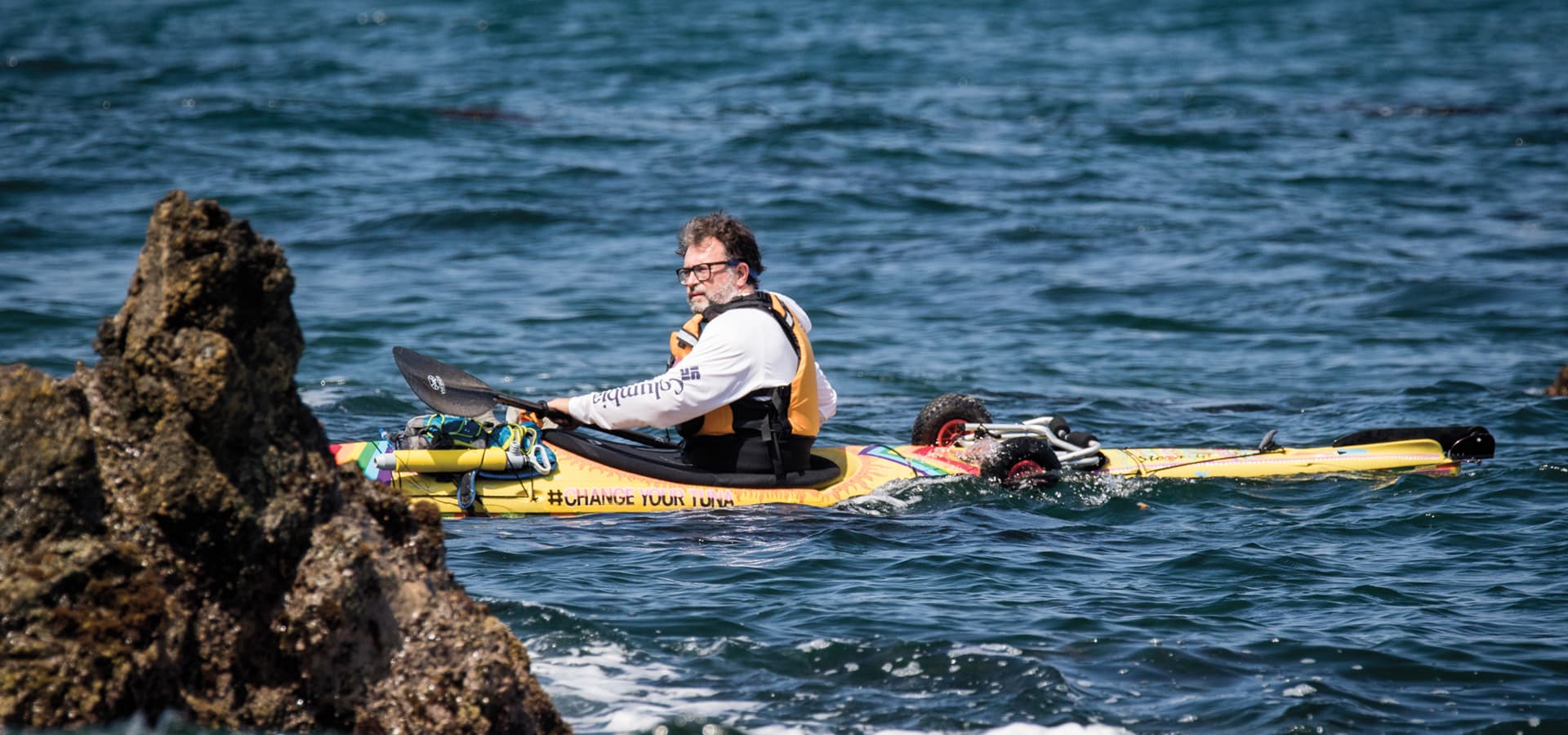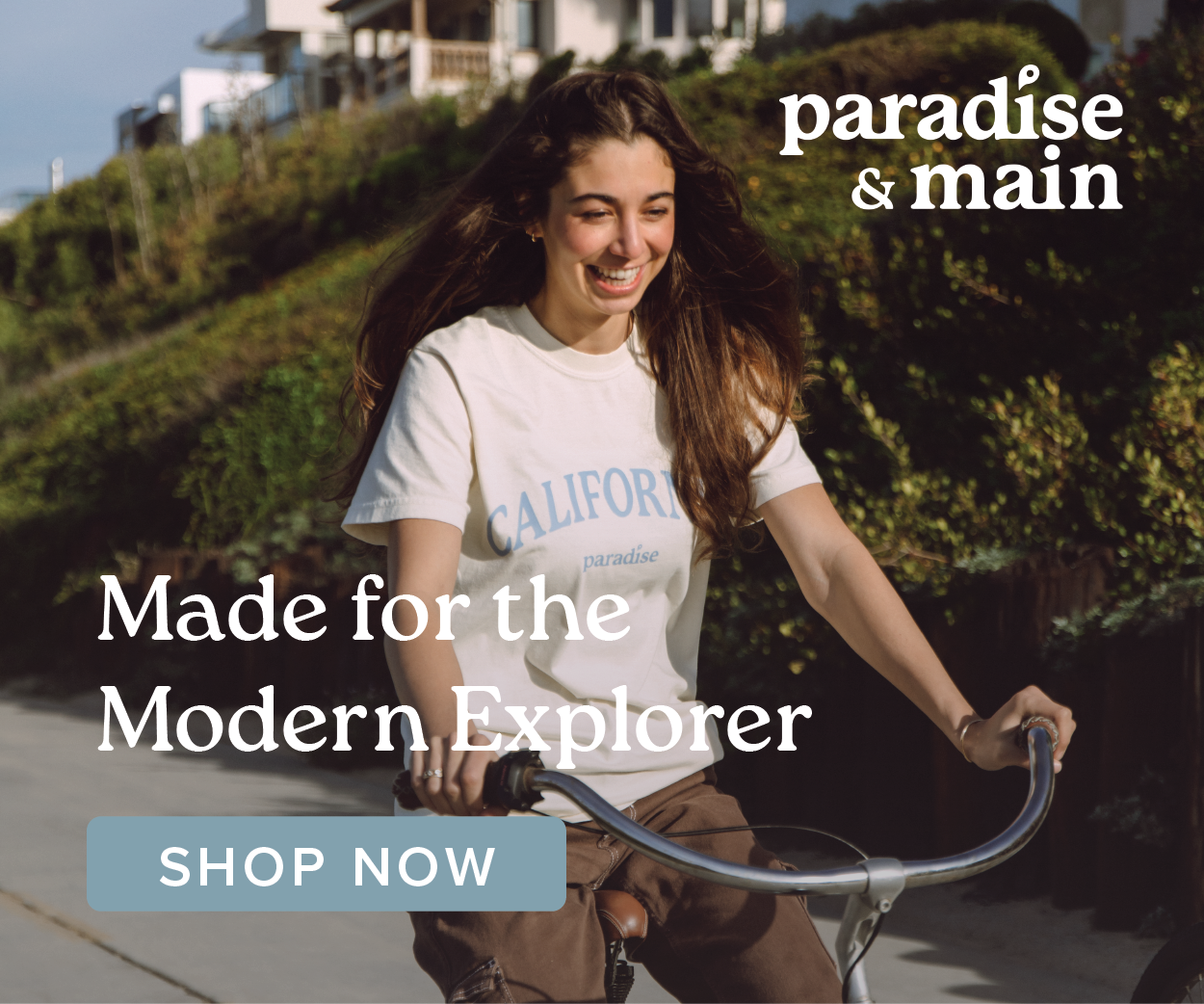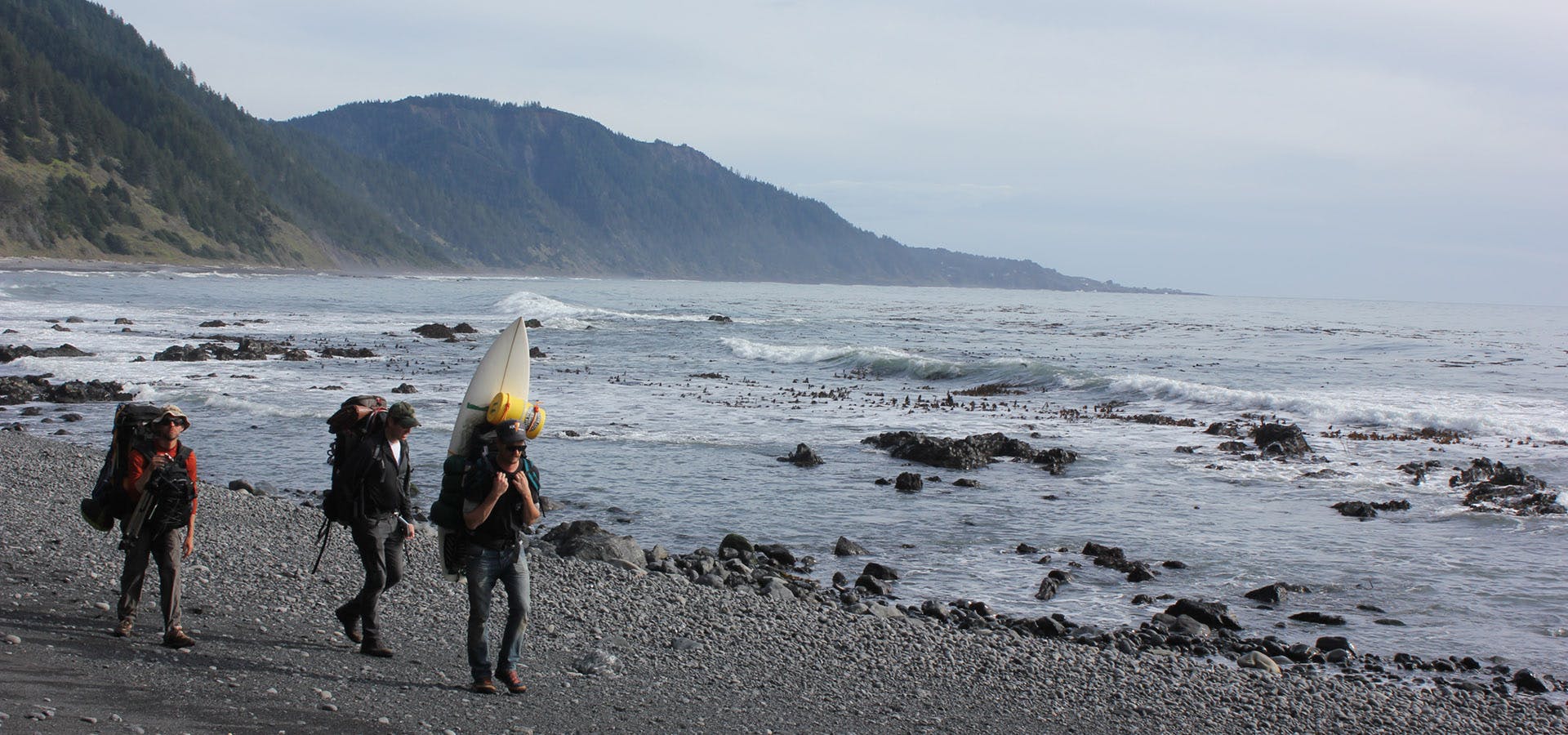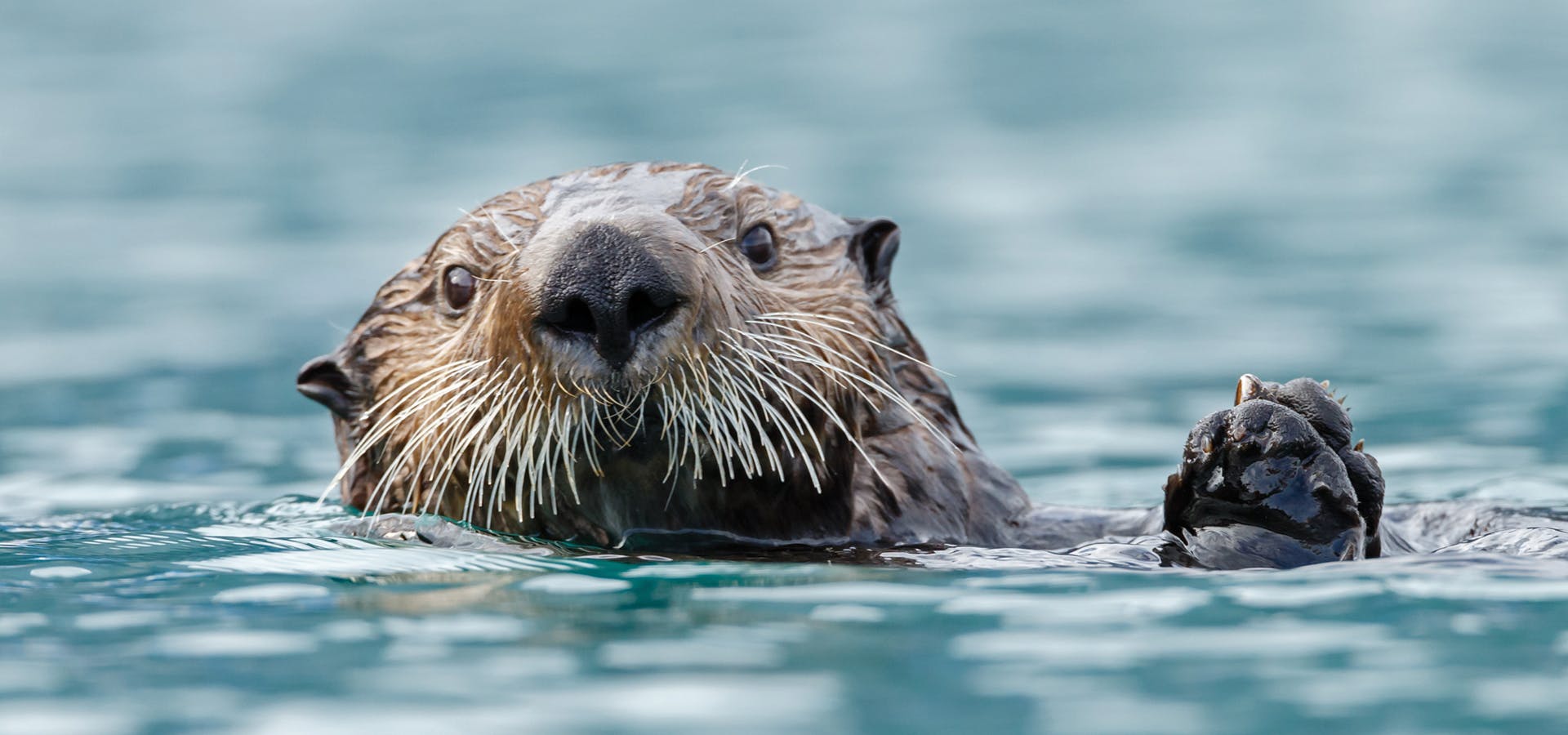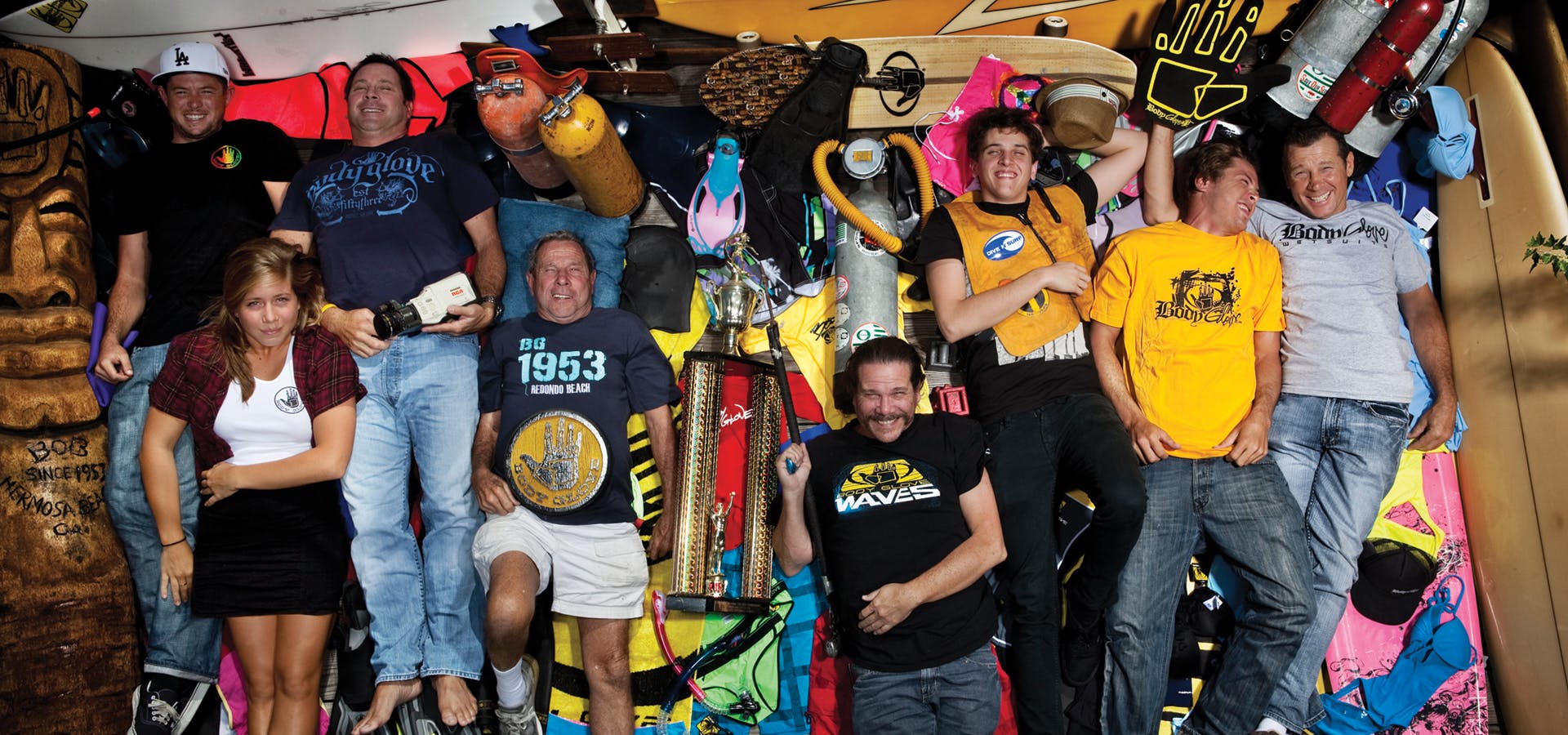I was no stranger to the world of kayaking. In my mid-20s I nearly drowned in a kayak accident on the Danube. This year I was ready to get back in the water. My wife was fully aware of my not-so-stellar aquatic track record, yet she remained supportive. “All I ask is for a way to track you, so I can tell the Coast Guard where to start their search,” she said.
As spring went by, boxes of kayaking books began showing up on our doorstep. After a long weekend bingeing on YouTube kayaking tutorials, I thought it would be wise to take some ocean kayaking classes. My immediate loved ones who became more and more aware of my madness were all in favor. Untrue to my self-made character, I completed an ocean kayak survival class through UCLA. Last on the list was to find a suitable ocean kayak and start training.
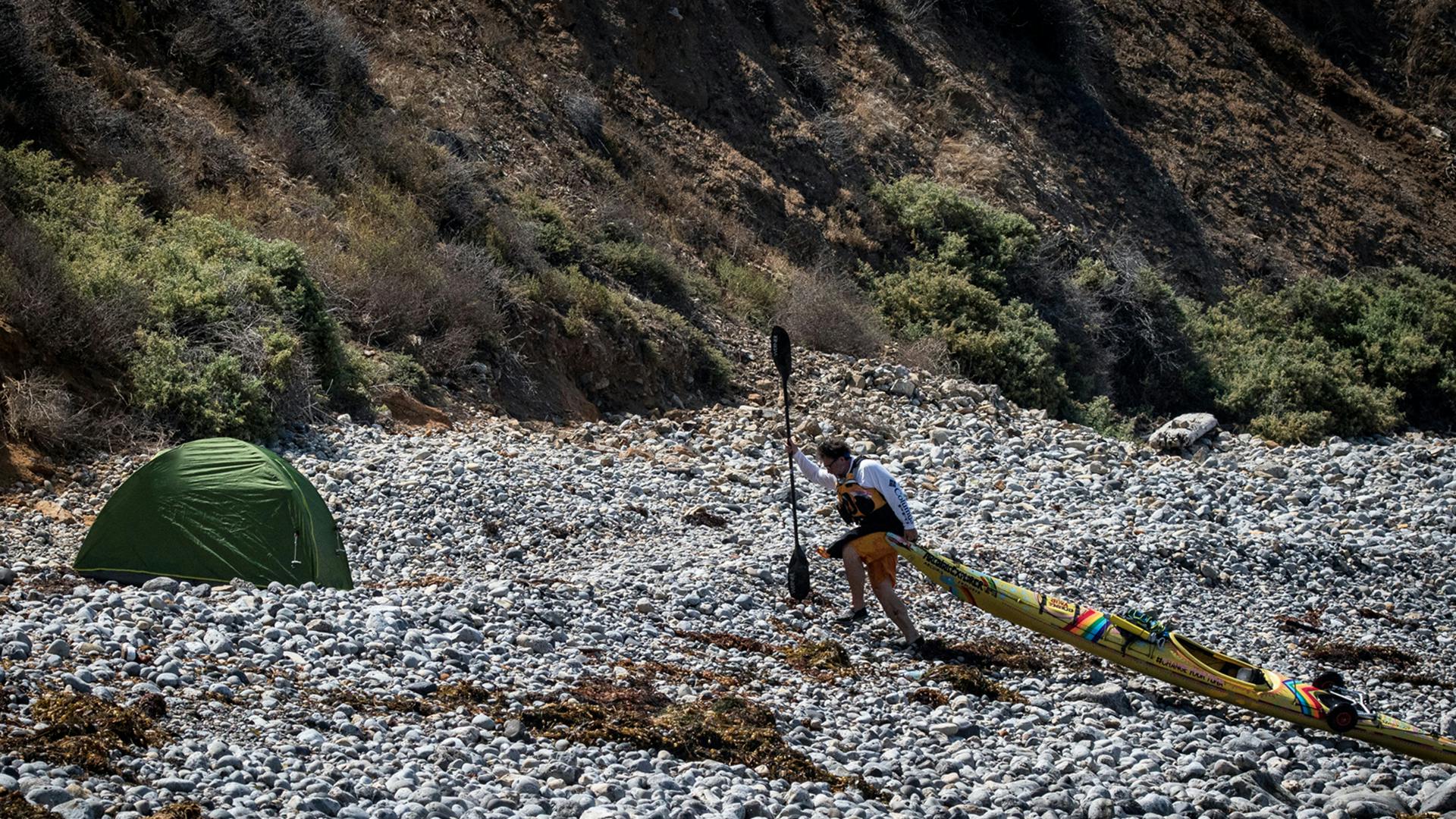
I found out early on in my quest for a vessel that sea kayaking is a dying sport. The closest kayak dealer was in Orange County. After trying on several kayaks, I discovered that the best fit for me and my gear had been discontinued years ago. Luckily I could reuse and recycle a pre-loved model that the OC dealer had lying around in Costa Mesa.
“Are you paddling around the marina or want to go on longer day trips?” the owner of the store asked.
“Actually, I want to paddle from LA to Tijuana,” I replied.
“You’re kidding now,” she said in disbelief, not knowing whether to sell me more gear or treat me with mercy. She promptly unloaded $800 worth of additional gear. I spent the rest of the summer kayaking and amassing an arsenal of outdoor gear.

During my preparation, I learned about Greenpeace’s ocean campaigns through a friend. Ever since the Greenpeace activist ship, the Rainbow Warrior, was blown up by the French secret service in New Zealand, the organization held a special place in my heart. Inspired by the Rainbow Warrior, I named my kayak Arcoiris Explorer and joined Greenpeace’s “Change Your Tuna” campaign.
The campaign’s message is simple: Our oceans’ health is at serious risk due to irresponsible tuna overfishing and the way we buy tuna. Entire tuna species are on the verge of extinction. Unethical fishing destroys turtle, stingray, shark and sea bird populations and damages the entire ocean ecosystem.
The only way to stop the trend is to change the way we buy tuna. By purchasing only sustainably fished, ethical brands, tuna will survive mankind. Everyone can make a difference, and we can all make a change—just by buying the right can of tuna.
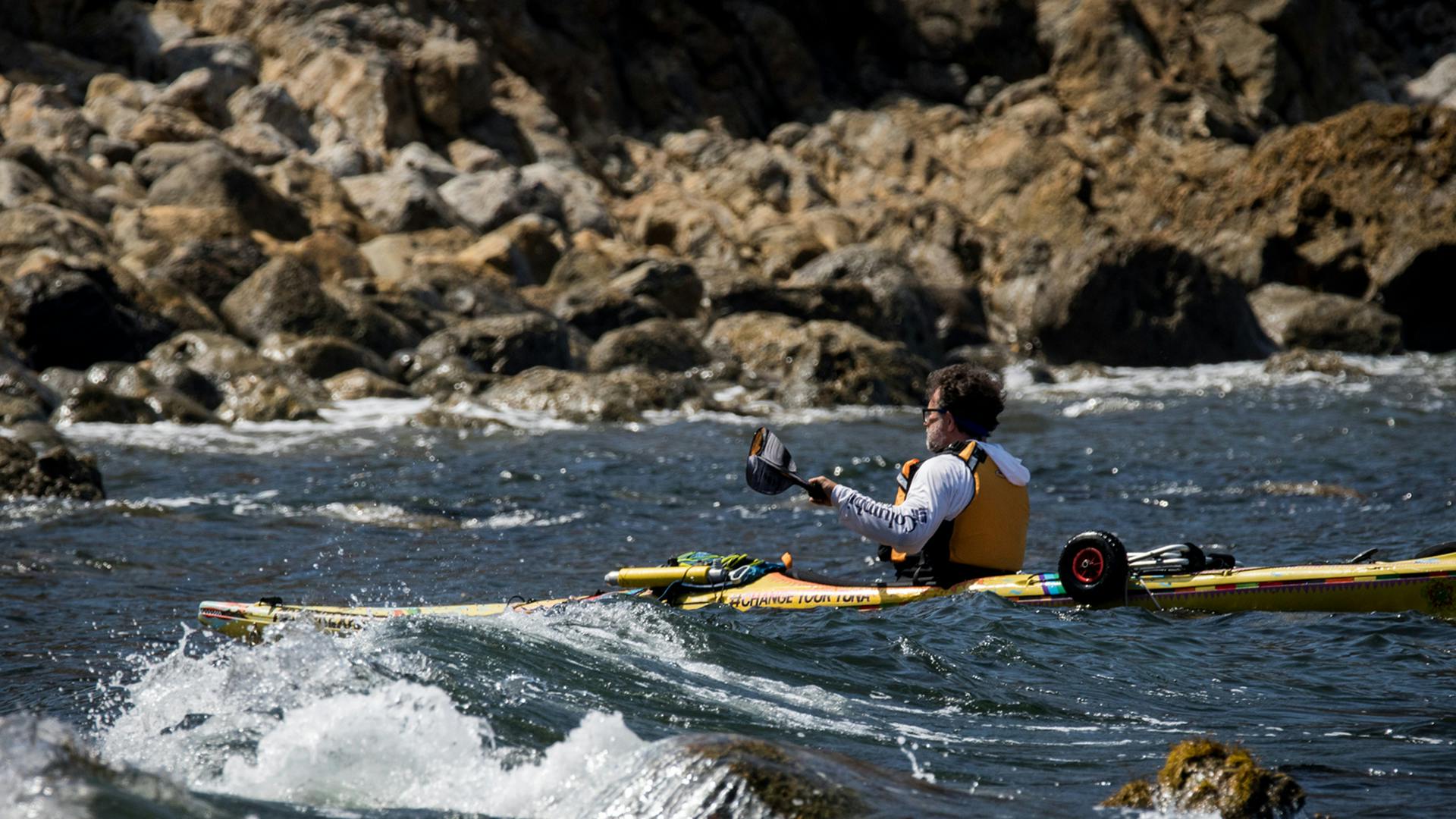
I had a cause, a goal, a kayak and three months to get ready. September 4 was the kind Sunday morning when the wind and the marine layer cause Manhattan Beach residents to stay indoors way past brunch time. I schlepped more than 160 pounds of kayak and gear to water’s edge while the rest of MB was still asleep.
My main concern was takeoffs and landings in surf zones. I never practiced a beach launch with a fully loaded kayak before. That was a separate course at UCLA, for which I was too cheap to sign up.
I had my sprayskirt around the cockpit, my personal floatation device on, my marine radio tuned to the Coast Guard emergency channel and all of my equipment in place. The waves were already licking the stern of the yak. My eyes focused on the water, counting the waves and the time lapse between them.
The possibility of a shameful spill one minute into the journey made me extra tense and alert. The adrenaline rush kept me focused on the approaching surf and my hands firmly on the paddle as I was doing my best to keep the yak perpendicular to the oncoming break, while enduring endless gallons of salt water in my face.
The next 10 days were a delicious cocktail of perfectly balanced Zen and adrenaline with a twist of doing good. One minute I was enjoying the serenity of glassy waters under a friendly layer of ocean mist, while at other times I was paddling for my life—navigating between sharp rock gardens and menacing waves. I spent my nights on various beaches, at times listening to soothing waves or to rowdy yells of overjoyed Pokemon hunters.
I learned to move with the ocean. I learned to respect tide cycles. I woke with the sun and went to sleep with the moon. I learned the names of towns between here and Tijuana. I appreciated my space and learned to appreciate the proximity of others. It gave me joy to know that true DIY adventures still exist, and sometimes they may just start three blocks from your house.

To learn more about Andrew Szabo’s trip and how you can help heal our oceans by changing your tuna, visit keepthecoastonyourleft.wordpress.com.





